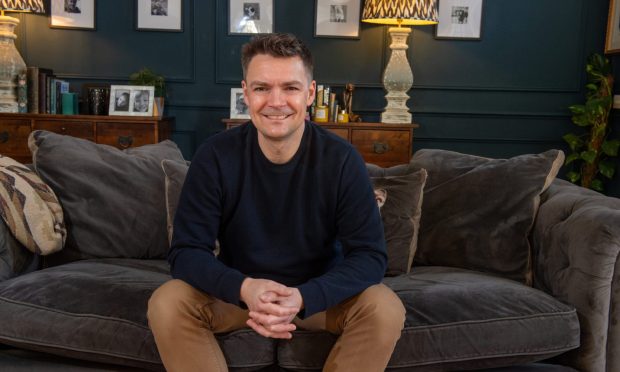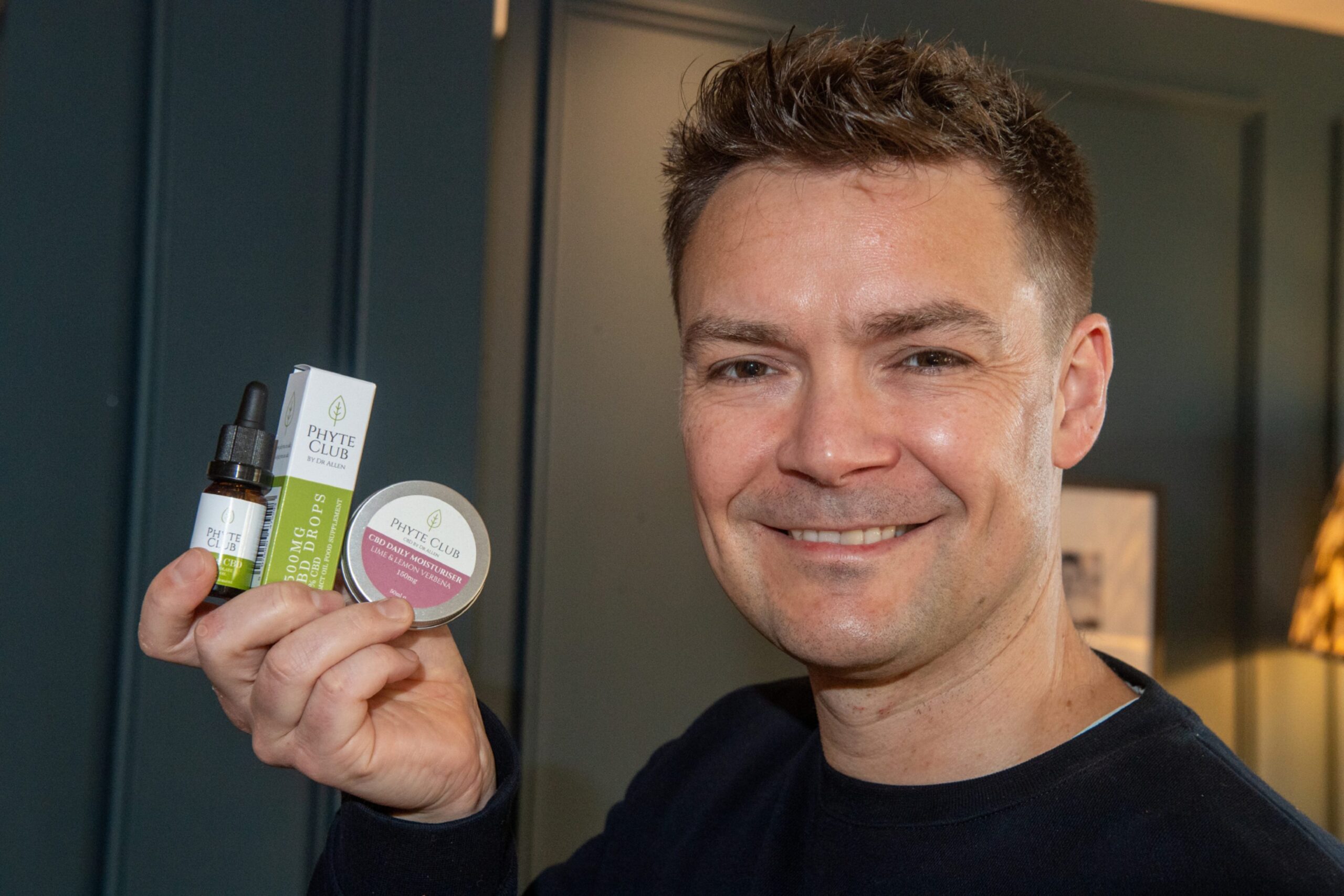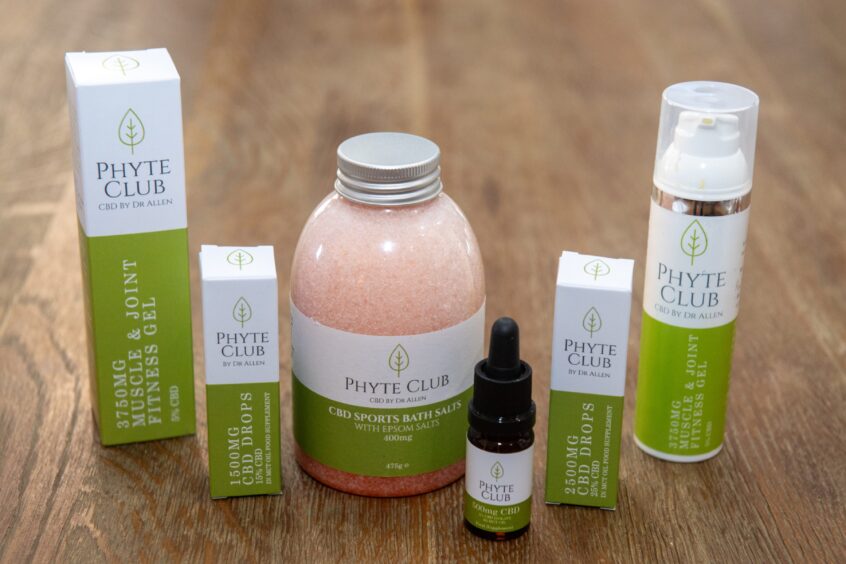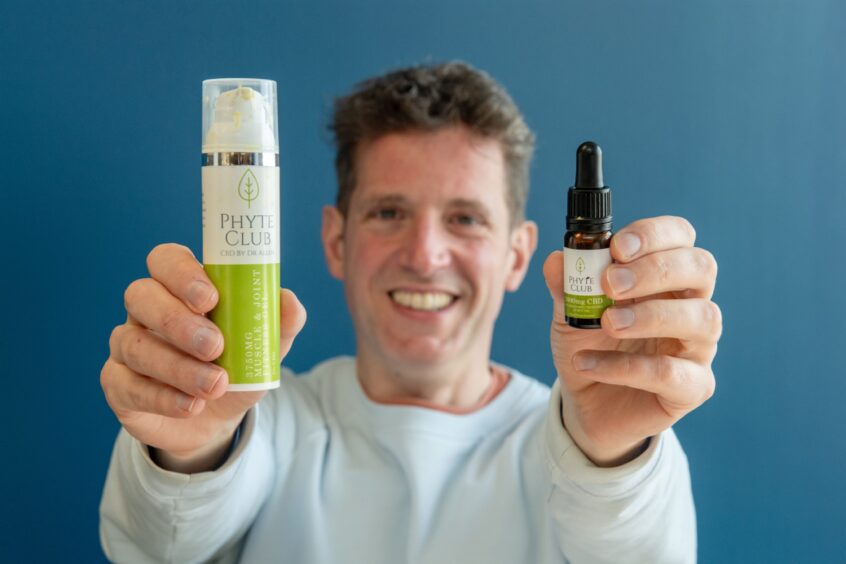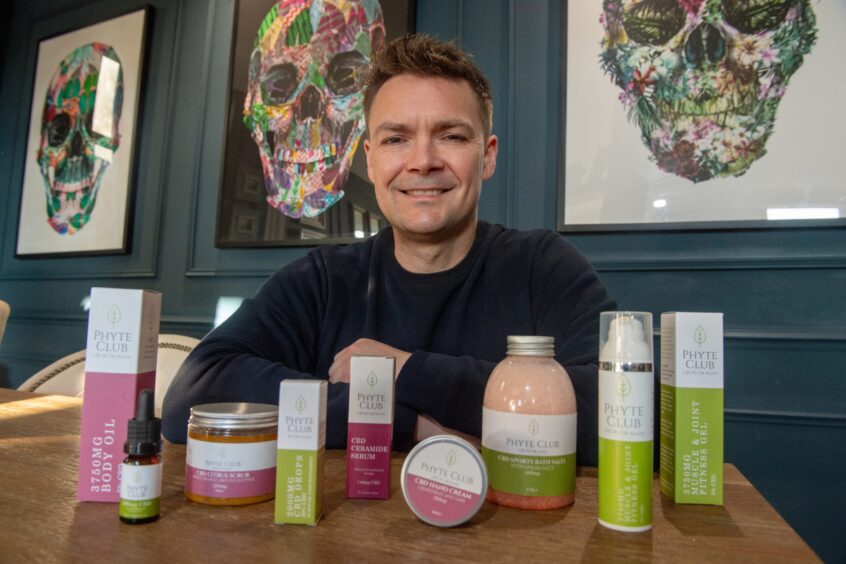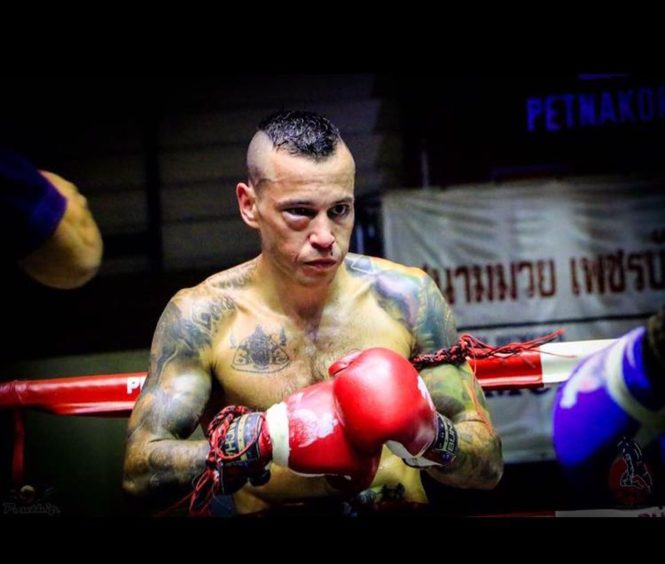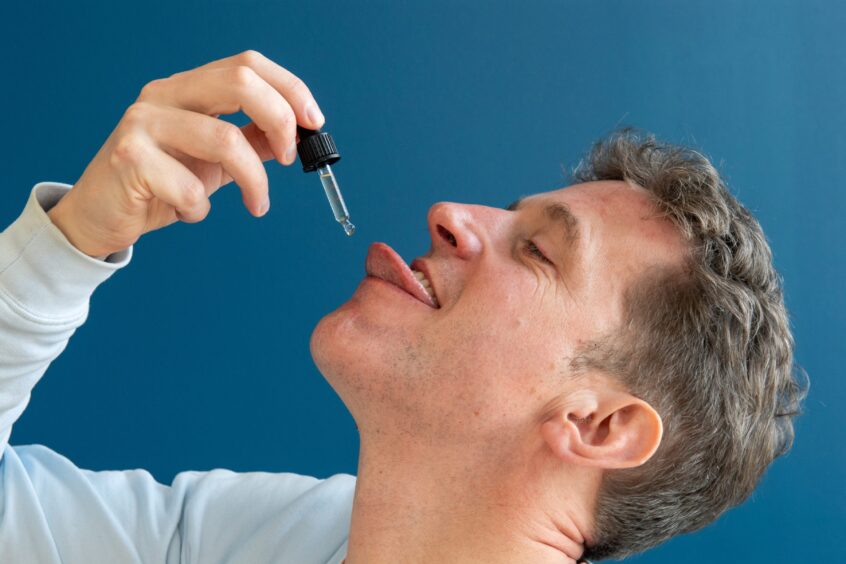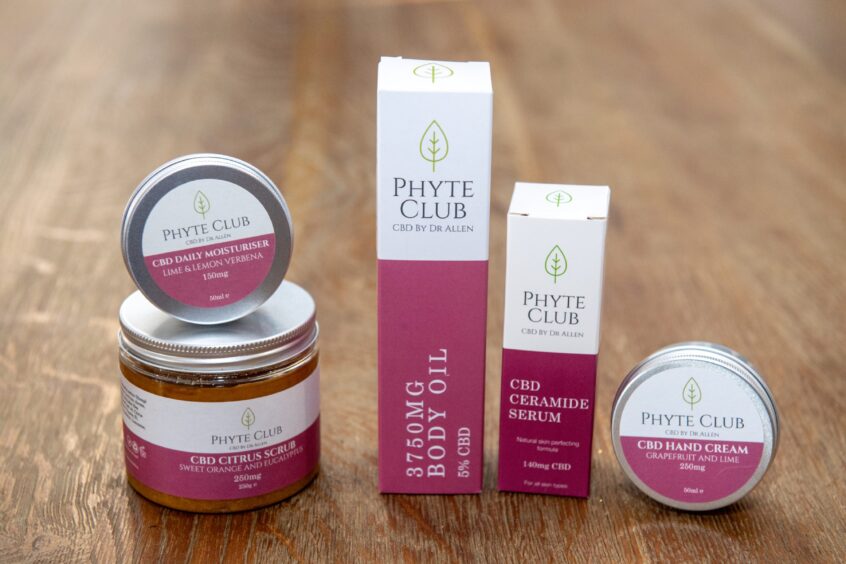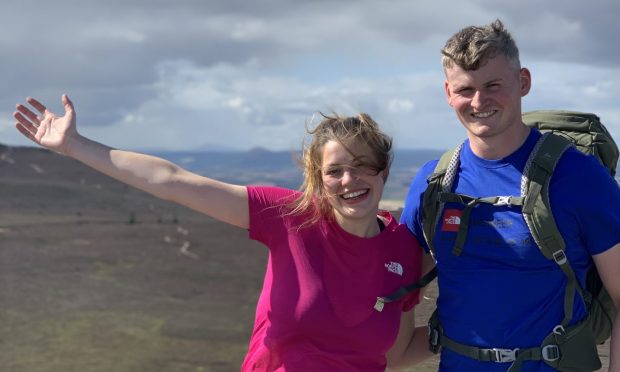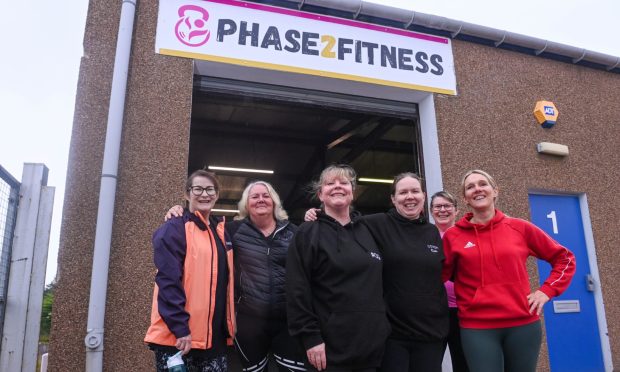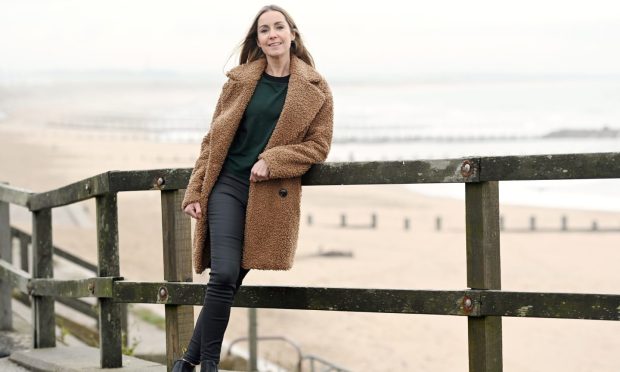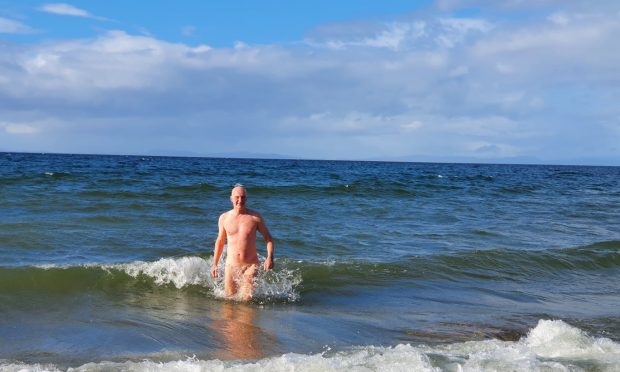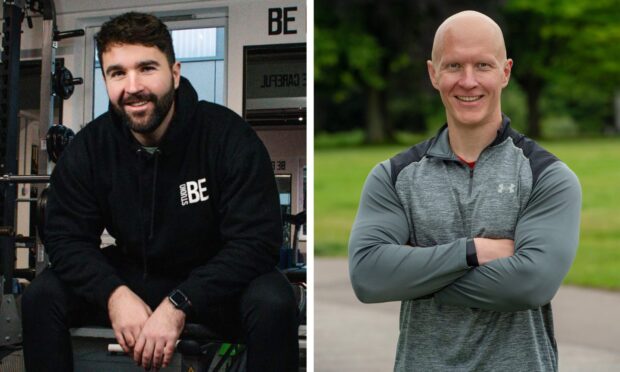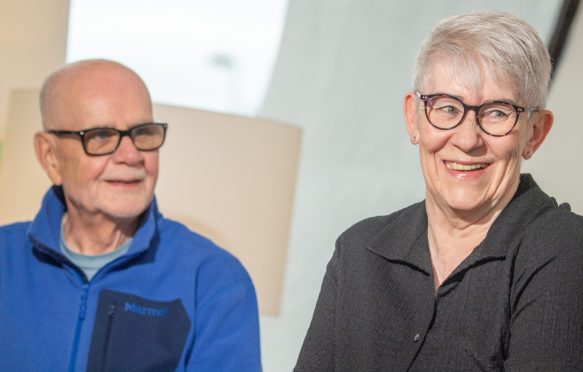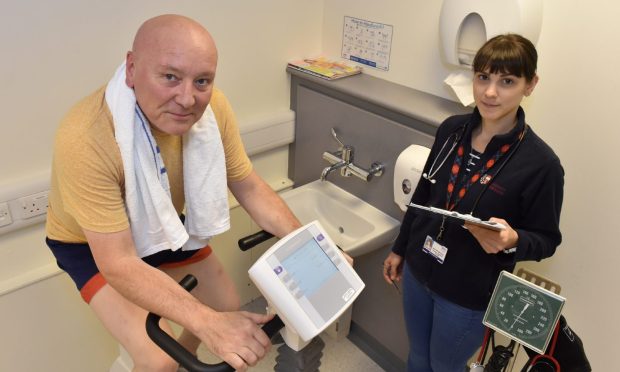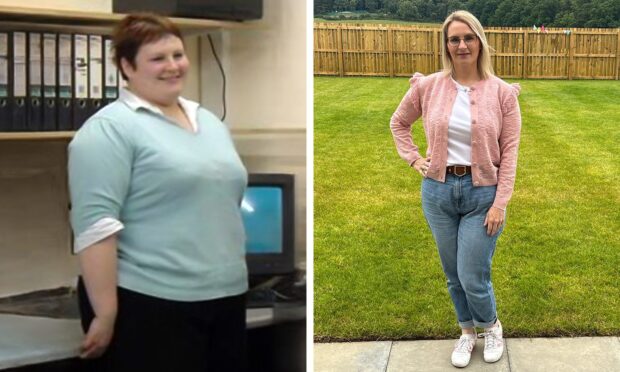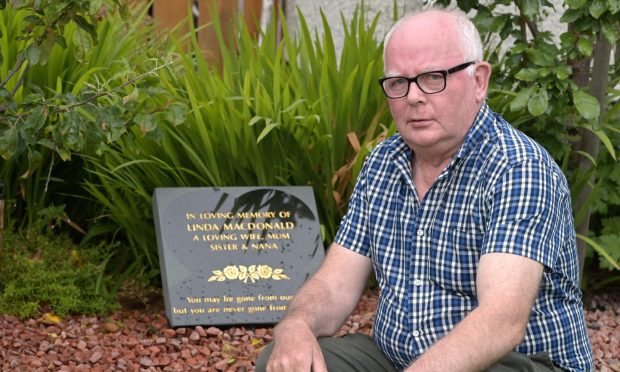Dr Lee Allen doesn’t strike me as your typical seller of alternative medicine.
He is, after all, a consultant in the intensive care unit at Aberdeen Royal Infirmary; the last place you’d expect to find natural remedies.
But three years ago, Lee launched Phyte Club, an online seller of CBD oils, balms and gels — products some people swear by for a range of ailments but are outside mainstream medicine.
“I suppose I take a more holistic approach than some of my colleagues,” Lee explains.
“But I think now we’re beginning to see the benefits [of CBD]. We’ll just see that snowball over the next few years.”
What is CBD and is it illegal?
No doubt you’ve heard of CBD. But it remains a relatively unknown quantity.
Part of that is its confusing connection to cannabis, which leads some to believe it’s a psychoactive substance that’ll space you out and give you the munchies.
That’s not the case. Yes, CBD does come from the cannabis plant. But it contains zero THC, which is the psychoactive component of cannabis.
It doesn’t get you high and is not illegal.
Another reason you might be a bit woolly on CBD is because all those health benefits you may have heard attached to it — anti-anxiety, a sleep aid, anti-inflammatory — are not fully grounded in science.
CBD proponents say that’s only because there hasn’t been enough research.
But because CBD is not a recognised drug, companies like Lee’s Phyte Club can’t make medicinal claims.
In fact, CBD in the UK is officially categorised as a food supplement, which puts it on the same level as vitamin D or ginger.
What companies can do, however, is tell you what their customers think. Testimonials play a big part in CBD marketing, as do celebrity endorsements.
But can you trust the people selling it to tell it straight? Maybe not.
So I went on a completely unscientific seven-day CBD test of Phyte Club products to see what they do for the average person, by which I mean a middle-aged health journalist.
Did it de-stress me? Did I sleep better? Aches and pains soothed?
I will reveal all below. For now, I’ll say it was an interesting journey with an unexpected outcome. Plus, I didn’t get the munchies. Not even once.
How much does CBD cost?
As directed by Lee, my treatment plan was a double-whammy of a CBD tincture and a gel.
Both are top sellers on his Phyte Club website, and not cheap.
The tincture, which contains 2,000mg of broad spectrum CBD oil, equal to just over 100 servings, costs £80. The gel, which comes in a sizable 3,750mg is £70.
That’s £150 in total. At this price, I’m disappointed it doesn’t get you high.
Lee, however, lays out what the CBD can do for me.
“The oil drops, placed under the tongue, would be great for stress and anxiety,” he says. “If you have a specific joint that troubles you such as a knee, then that’s quite amenable to the muscle gels.”
This is lucky as I’ve got a dodgy knee. If I’m in a cramped cinema, for example, it can really ache. I’ve also got a bad shoulder. I’m hopeful the gel will have an effect.
Plus, Lee says the CBD gel is better for the body that my usual remedy of ibuprofen because it doesn’t irritate the stomach.
“it’s more natural,” he says. “It’s something that doesn’t cause side effects generally.”
Why Aberdeen kickboxing champion Hurricane Pedro uses CBD
Lee’s CBD products are generally targeted at sports people.
One of the reasons he started the company was because he read an article about a mixed martial artist who used CBD as an anti-inflammatory.
Lee even uses the muscle gel himself to help with aches and pains after the gym.
“I’m at an age now where I’ve always got sore bits,” he explains.
What’s more, he works with a local Muay Thai kickboxer who goes by the spectacular ring name Hurricane Pedro.
Pedro — real name Pete Scott — is a walking, kicking advert for CBD’s anti-inflammatory benefits.
There are few occupations with a greater call for anti-inflammatories than a kickboxer, especially one who is a former Scottish champion.
“I love my job, but there’s not many people who could do what I do,” says Pete, who coaches at the Combat Centre in Aberdeen.
“I’ve always had problems with my knees but I take the CBD and it all seems to work perfect for me. My knees are in the best shape they’ve been in for years.”
I have a suspicion, however, Pete’s pain threshold is a bit higher than mine.
The 38-year-old tells me that when he won the Scottish Muay Thai title he broke his foot in the first round.
“What did you do?” I ask.
“I started kicking with my other leg,” Pete replies.
I start my CBD journey
It’s time to try the CBD.
First up is the oil. Lee tells me to take three drops in the morning and three at night. He warns me that I won’t notice anything for the first few days but to keep at it.
My first attempt makes me realise it is surprisingly difficult to aim CBD drops under your tongue.
A couple land on my chin. I wonder how much money I’ve just dribbled on to the floor.
Lee is right about the first few days. Life continues as normal.
Then four days in I miss a morning gym class because I sleep in; only by a few minutes but I usually wake up well before I’m supposed to.
Then there are the dreams. I’m usually a mid-budget dreamer — the sets are nothing lavish, and the special effects minimal.
Suddenly, my dream budget ramps up to Hollywood levels. One memorable night, I dream an Apollo 11-style space adventure complete with emergency splash down on Earth.
“That’s definitely an effect of the drops,” Lee tells my when he gets in touch for an update. “I get vivid dreams, too.”
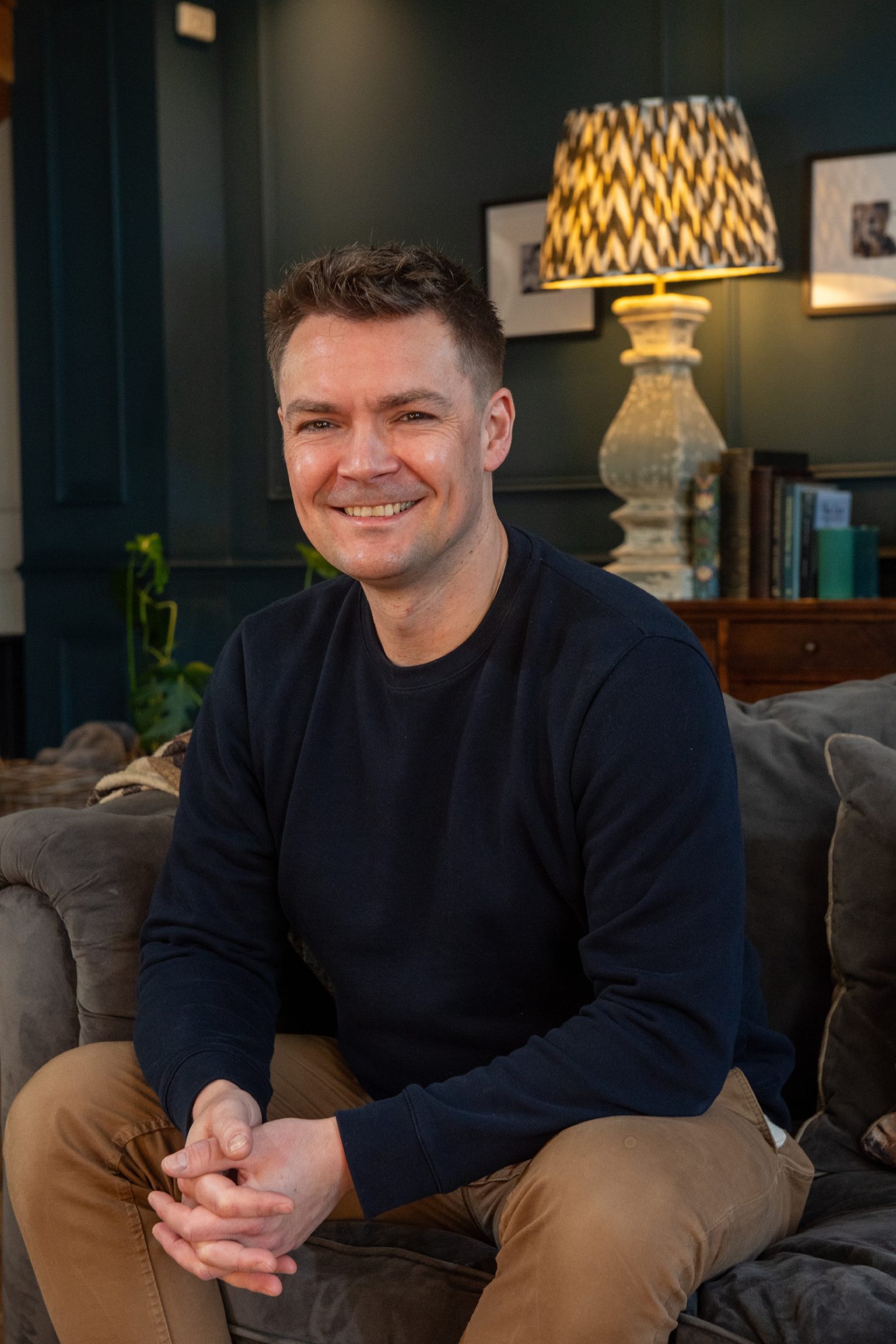
The gel also seems to do something. I assiduously apply it post-exercise to all my sore bits — shoulder, knee, elbows.
I wouldn’t say the effect is miraculous, but it’s pretty good. The soreness fades. I manage a few shoulder presses in the gym for the first time in a while.
I also sit through a whole movie at the cinema without needing to stretch my knee out.
It feels like a breakthrough.
Did the CBD drops make me sleep better?
Lee says the gel is often sold out on his site, and I start to see why. It’s expensive but I feel better about using it than popping ibuprofen tablets, my usual anti-inflammatory.
But what’s the verdict on the CBD drops?
I admit I wasn’t expecting them to make a difference. I have been sleeping better, but it could have been down to a number of things; a placebo effect, or the fact that the sun has returned to the north-east.
But though the change may seem negligible, people spend a lot of money chasing better sleep. They could do a lot worse than CBD.
Price is the outstanding issue, of course. Is all this worth £100-odd a month?
That’s a question only you can answer. For now, I’ll keep using the products.
If I’m lucky, I’ll keep sleeping better.
If I’m very lucky, I’ll get that space dream again.
